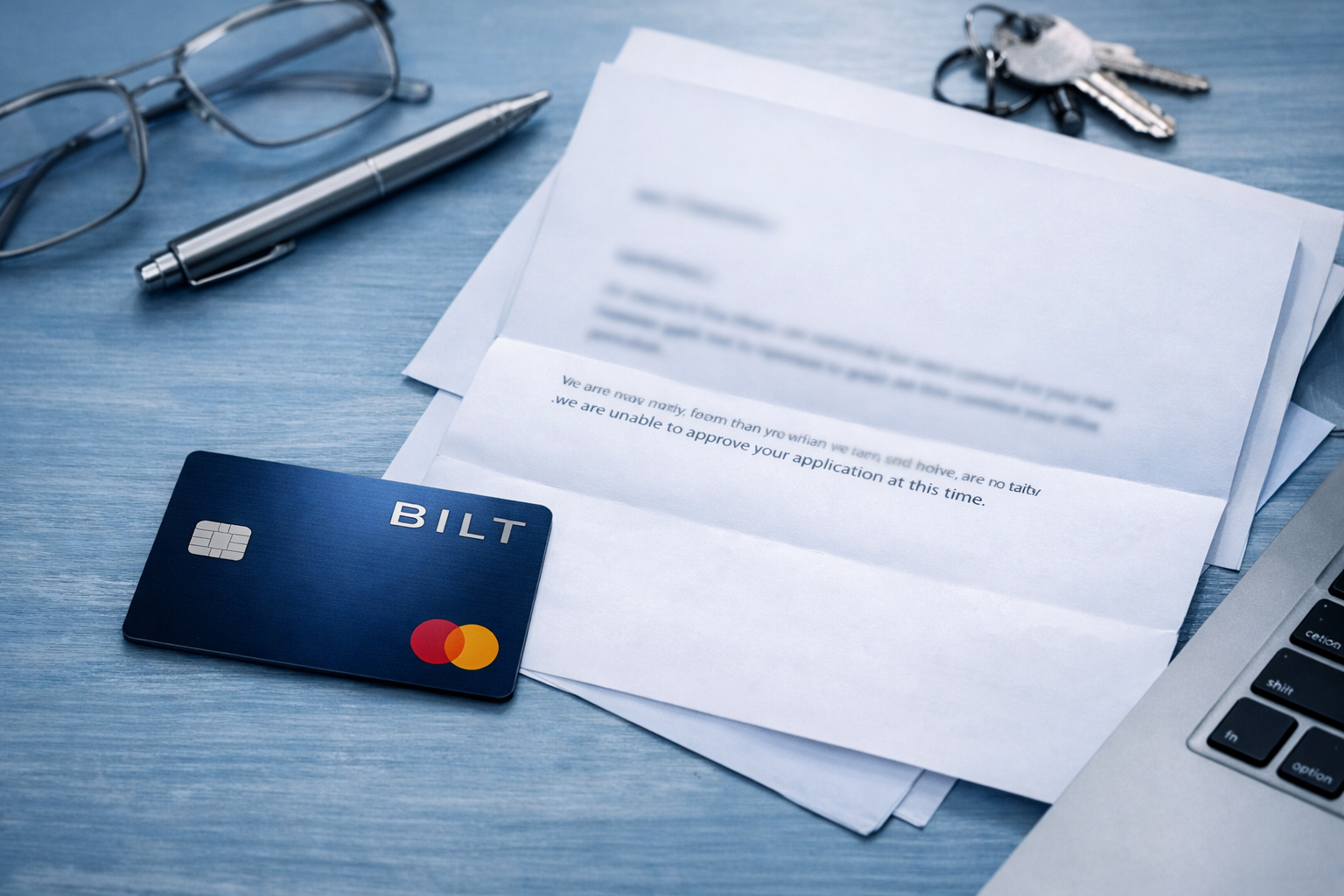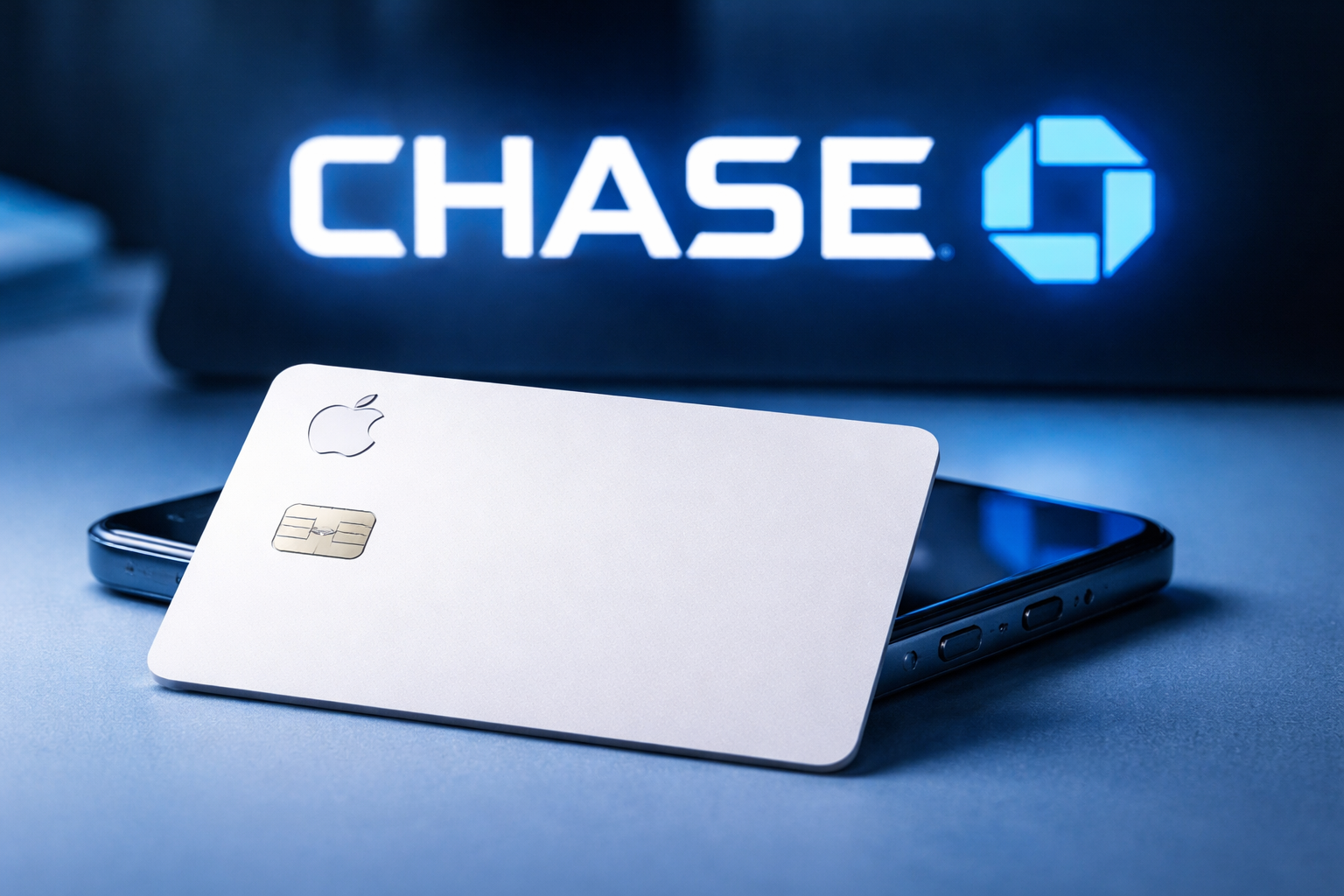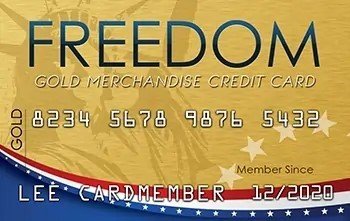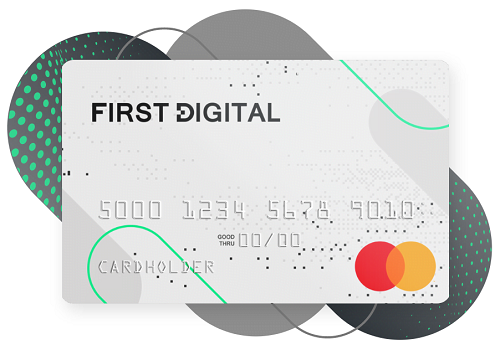Rebuilding credit isn’t a sprint—it’s a steady climb. I’ve seen too many people undo months of effort by making avoidable mistakes. I’m Karl, and I’ve been guiding students, young professionals, and anyone looking to bounce back financially. Here’s what you need to know.
Missing or Making Late Payments
Your payment history is the single biggest factor affecting your credit score. Even one missed payment can set you back.
Pro tip: Set up autopay or reminders. Pay on time, every time.
Don’t wait—track your payments today to stay on top of your credit game!
Maxing Out Your Credit Cards
High credit utilization is a warning signal to lenders. Keeping your balances below 30% of your credit limit (ideally under 10%) helps boost your score faster.
Check your balances now and plan a strategy to pay them down!
Applying for Too Much Credit at Once
Every application triggers a hard inquiry. Multiple inquiries in a short time make lenders nervous and can lower your score.
Only apply for credit when necessary and do your homework before applying.
Closing Old Credit Accounts
It may feel like “simplifying,” but closing old accounts shortens your credit history and increases utilization.
Keep your oldest accounts open to strengthen your credit age.
Ignoring Credit Report Errors
Errors happen. Accounts showing incorrect balances or late payments can harm your credit unnecessarily.
Pull your free credit reports from Experian, TransUnion, and Equifax, and dispute mistakes today.
Not Having a Mix of Credit
Lenders like to see a variety of credit: credit cards, installment loans, and retail accounts. A mix improves your score over time.
Consider a small personal loan or a secured card to diversify responsibly.
Only Paying the Minimum
Minimum payments avoid late fees but increase debt and interest over time, hurting your utilization and score.
Pay full balances whenever possible to rebuild credit faster.
Avoiding Credit Entirely
No credit usage = no history. Responsible credit use is essential to building a solid score.
Start with a secured card or credit-builder loan to demonstrate reliability.
Losing Patience
Rebuilding credit is a marathon. Quick fixes don’t exist—consistency and strategy win in the long run.
Stick to your plan and watch your score grow steadily.
FAQs
How long does it take to rebuild credit after mistakes?
A1: Usually 6–12 months for small improvements; significant recovery can take 1–3 years depending on past issues.
Should I open a new credit card immediately?
A2: Only after checking your score, correcting errors, and making sure you can handle the new credit responsibly.
What’s the safest way to rebuild credit?
A3: Use secured credit cards, credit-builder loans, make timely payments, and keep balances low.
Can I rebuild credit without using credit cards?
A4: Yes, but using a credit-builder loan or being an authorized user on a trusted card speeds up progress.
Are there any shortcuts to fixing credit quickly?
A5: No shortcuts work reliably. Avoid “credit repair” scams—they can make things worse.






















